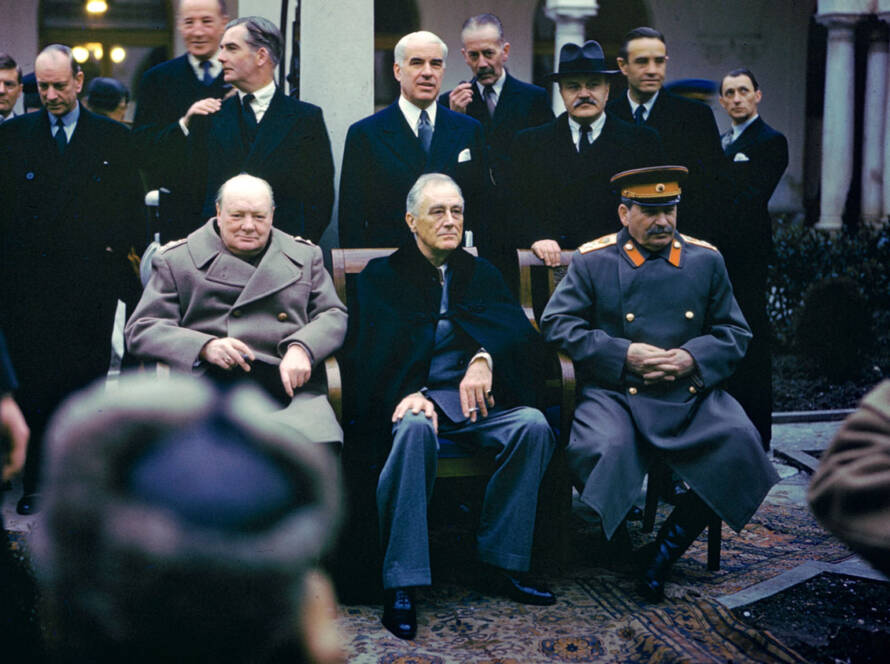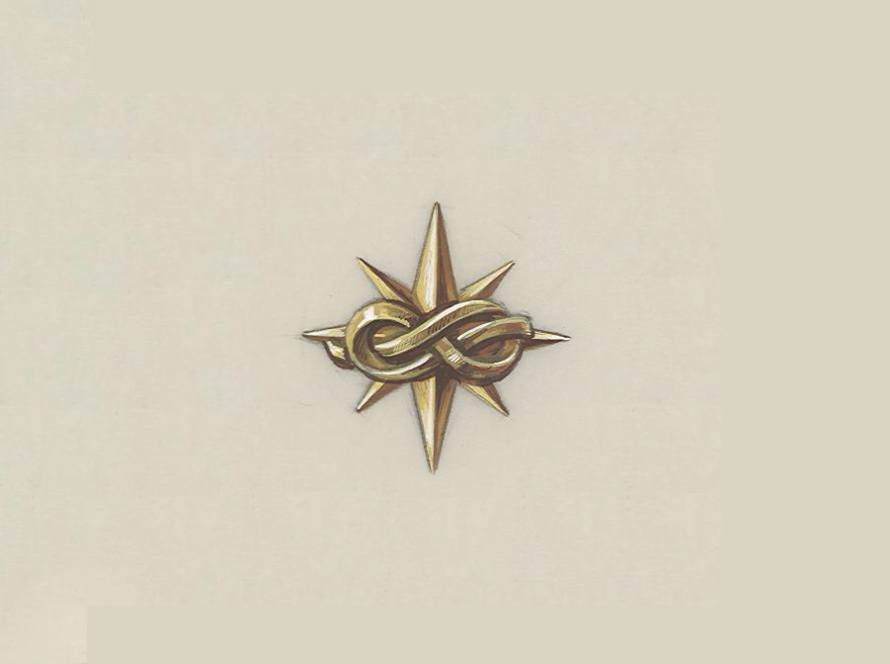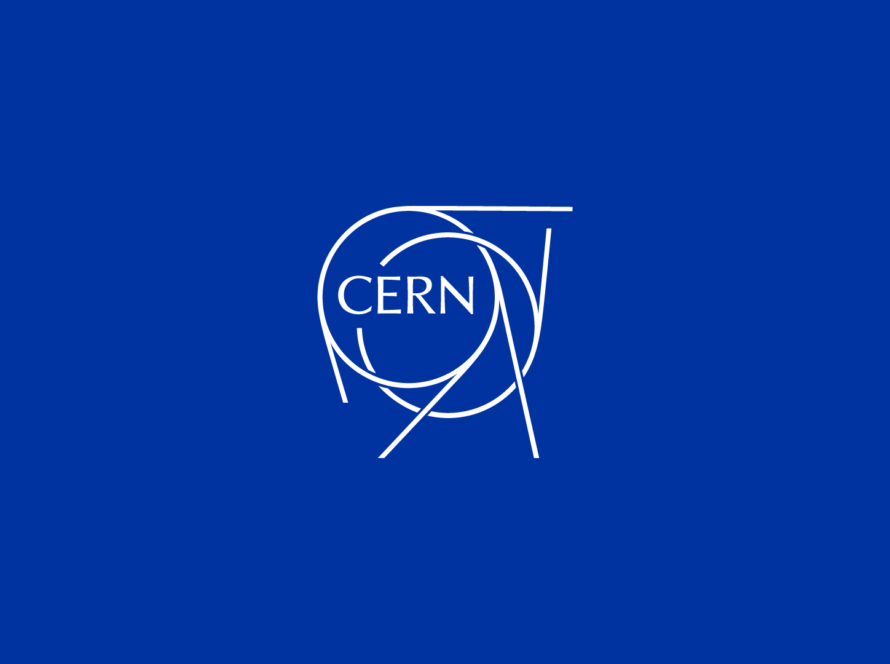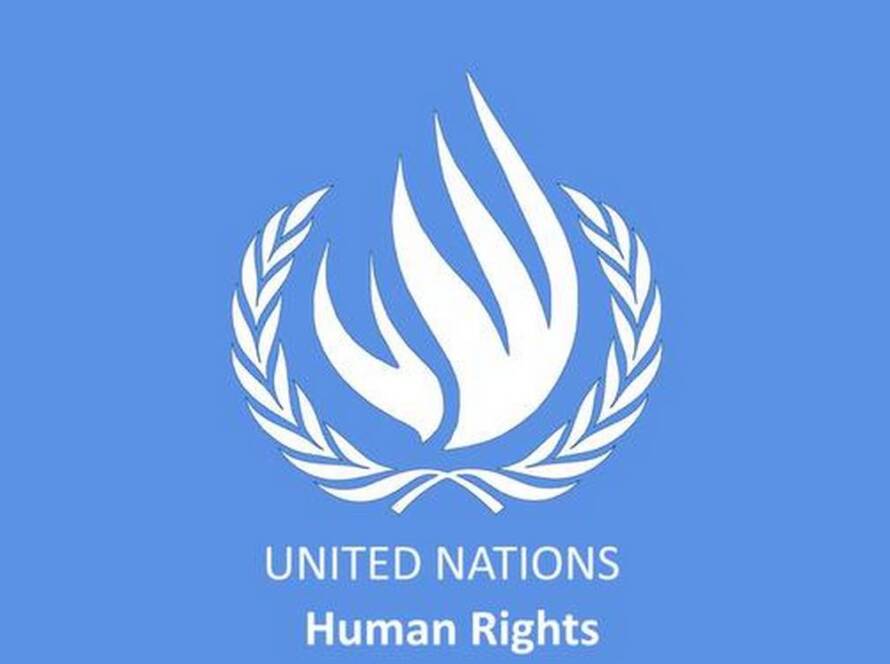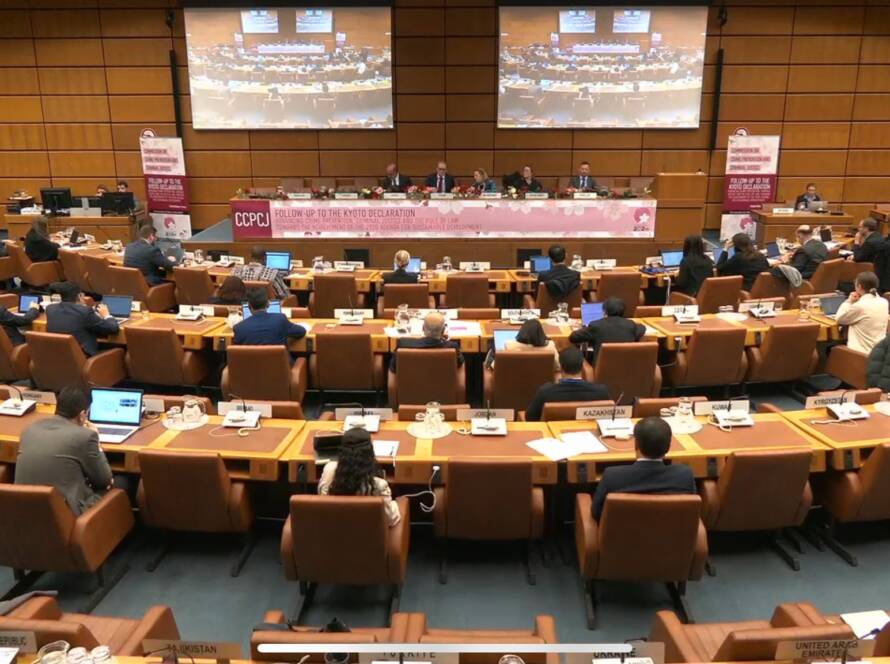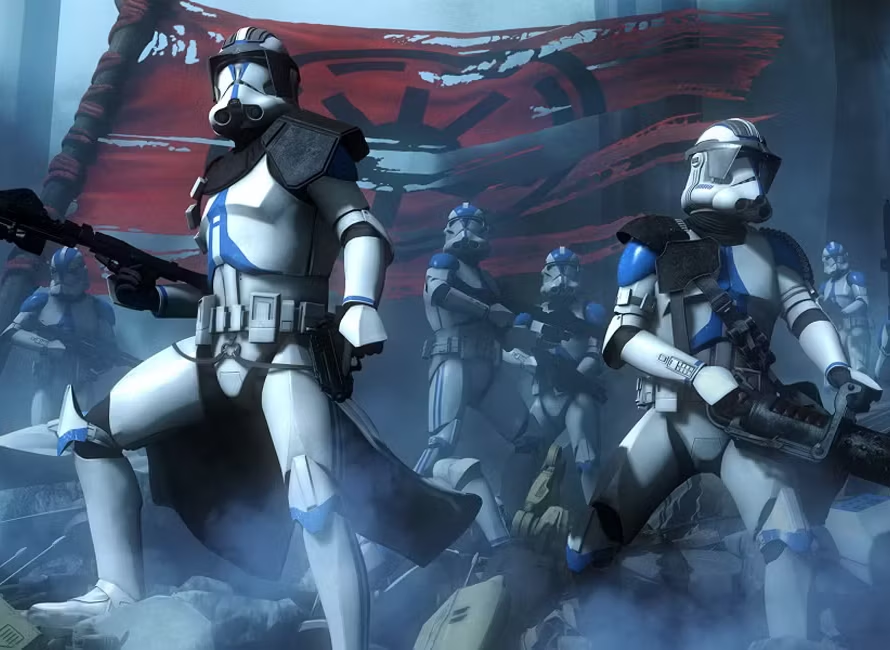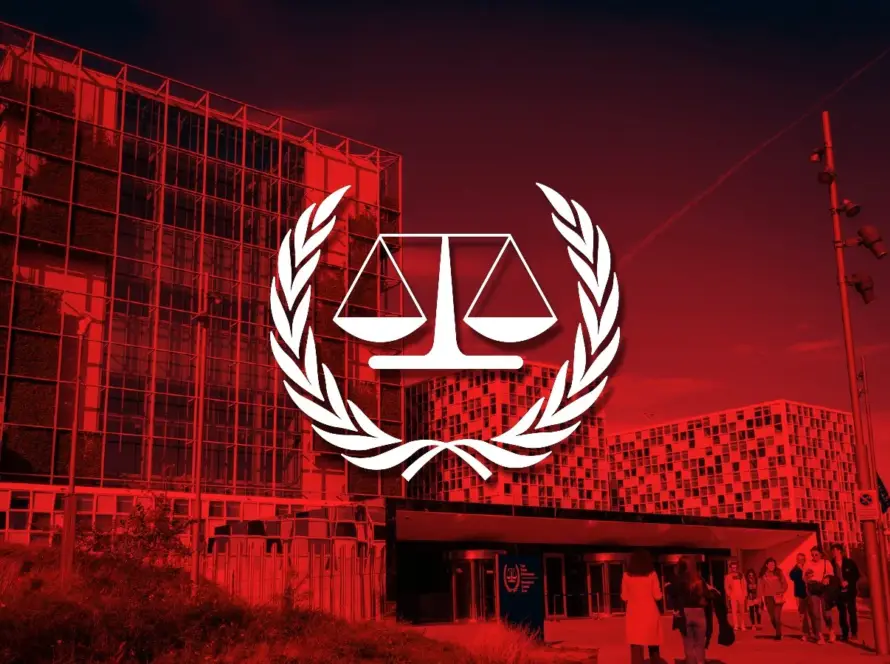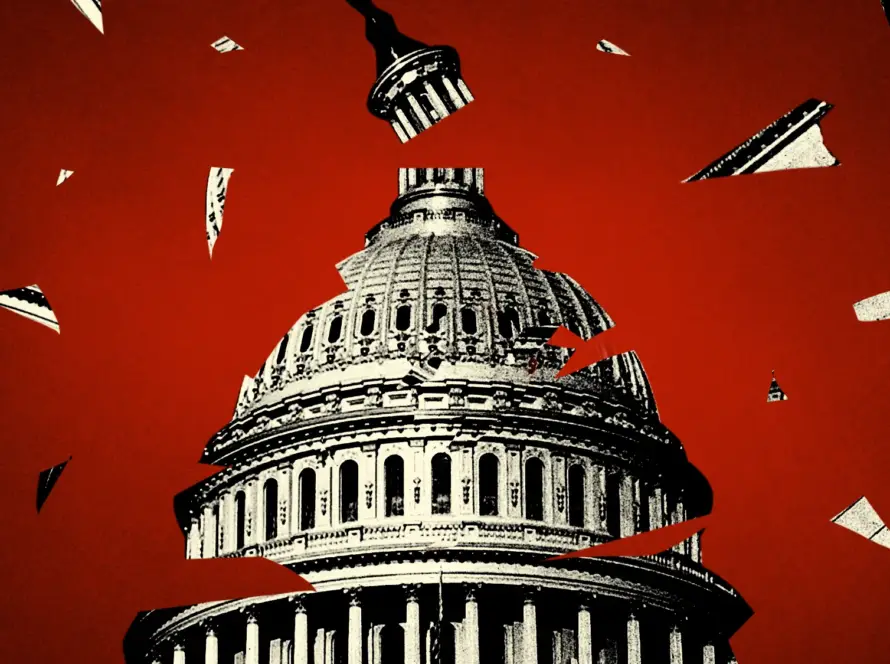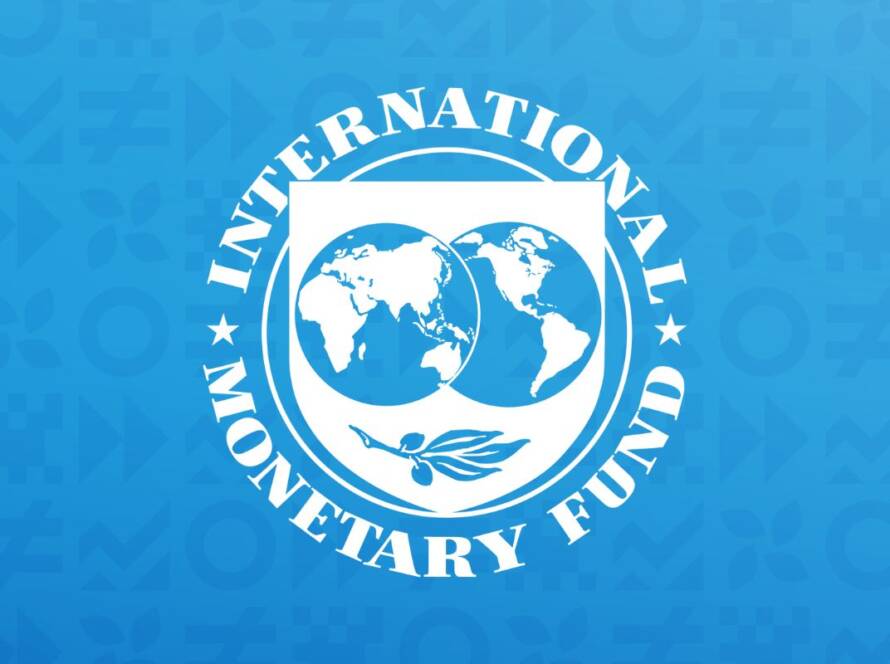Yalta Conference: A crucial meeting of Allied leaders towards the end of World War II to shape the future of Europe.
Redefining the defense budgets of member states: NATO’s cost-sharing policies in a changing global security landscape.
Peacekeeping operations worldwide: NATO’s intervention in international conflicts and its role as a peacekeeping force.
Ethical concerns regarding nuclear armament (Historical): The ethical dimension of nuclear research and the use of scientific discoveries in warfare.
Transparency in nuclear research (Historical): The responsibilities of governments and scientists in nuclear research.
The refugee crises caused by World War II: The situation of millions displaced after the war.
Crimes against humanity (Jewish Holocaust): The Holocaust from a human rights perspective.
War crimes and inhumane experiments during World War II: The examination of wartime experiments conducted by Nazi Germany and other countries from an international legal standpoint.
The COVID-19 pandemic and declining oil demand: The impact of the pandemic on global energy markets.
Energy transition and the shift to renewable energy: The global oil market’s adaptation to sustainable energy sources.
A crisis scenario in the Star Wars universe: A fun and strategic crisis committee focusing on managing a galactic war in an alternative future.
The assassination of Leon Trotsky: The killing of one of the founding figures of the Soviet Union and its evaluation from an international law perspective.
The ratification of the United Nations Charter: The process of the US Senate approving the founding documents of the UN.
The progress of post-war military and economic aid: US global economic and military aid policies, such as the Marshall Plan.
The post-World War II economic recovery of Germany and Japan: The reconstruction of the global economy after the war and the role of the IMF.

